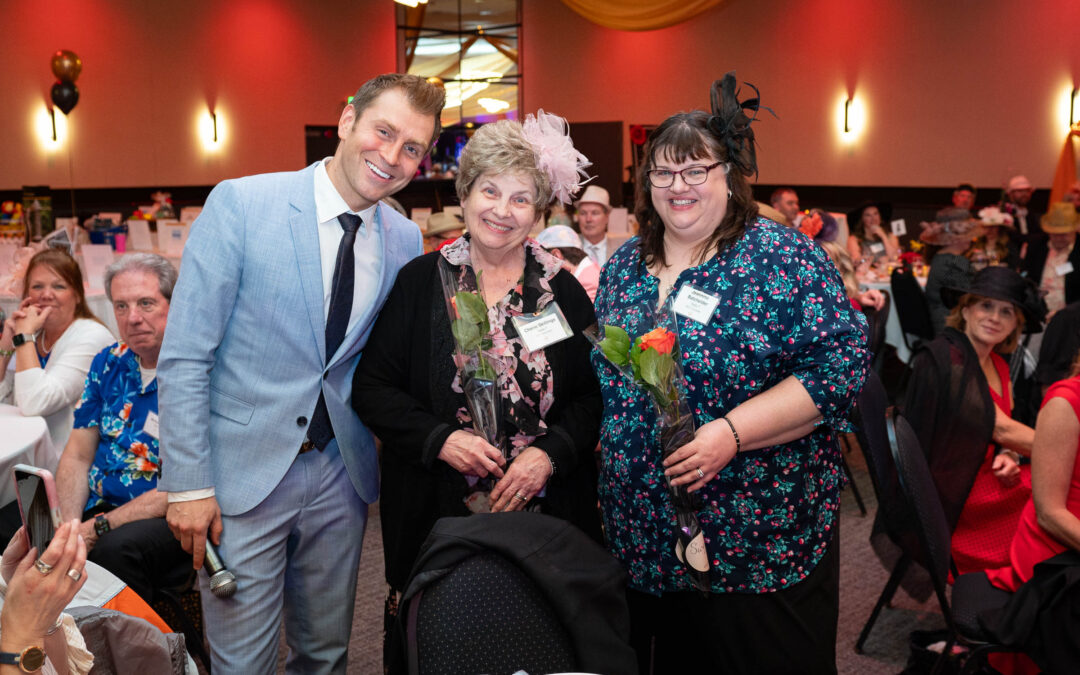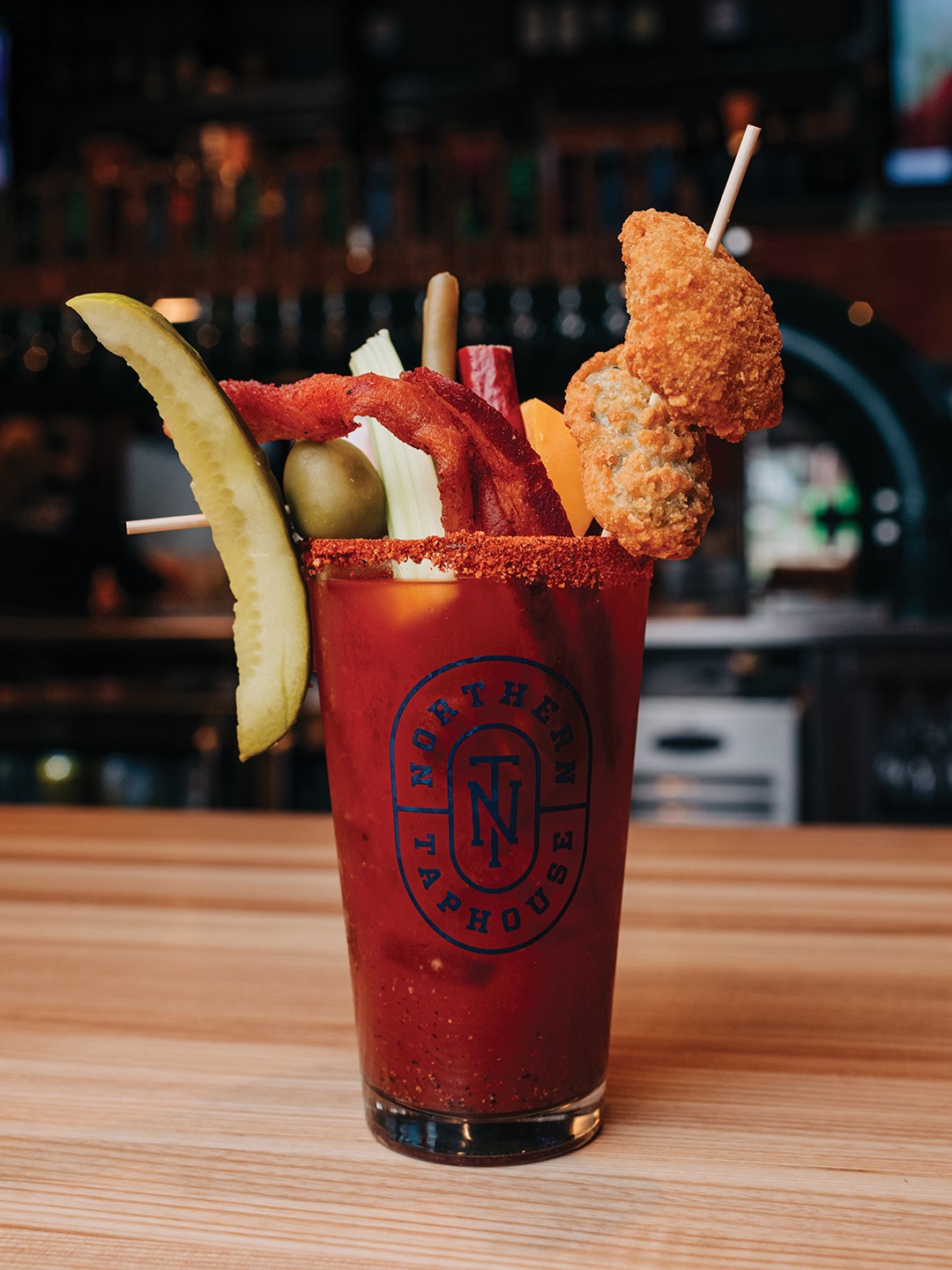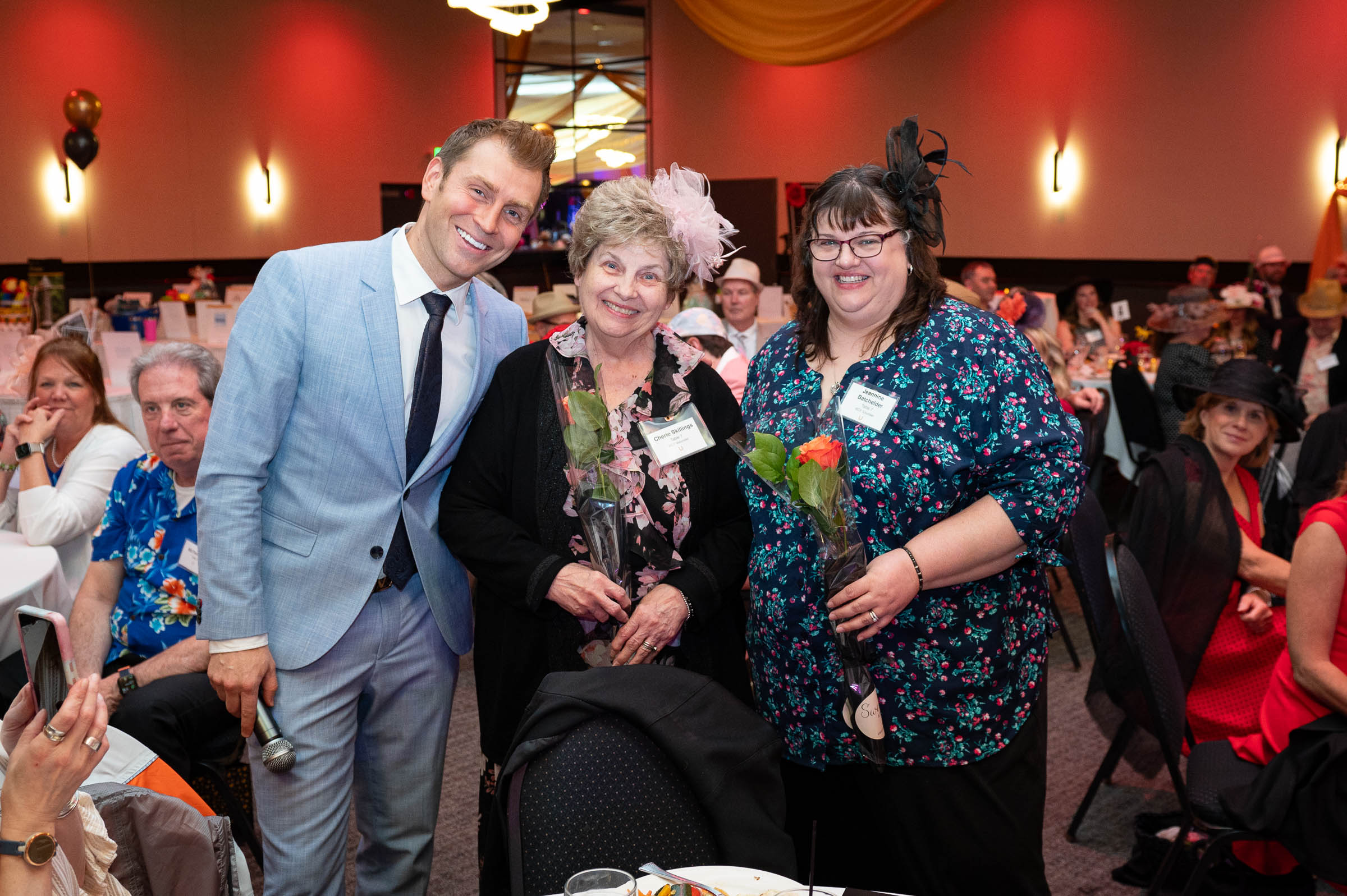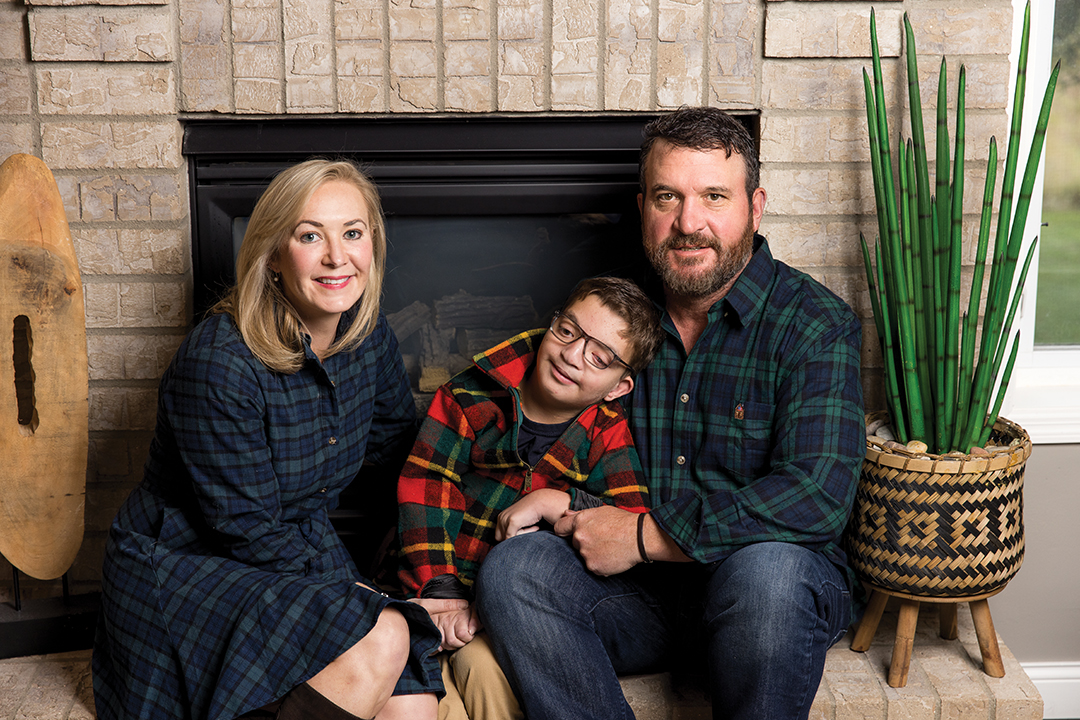
Colleen, Cole and Lee Peterson. Photos: Chris Emeott
Every child deserves to move, grow and play safely.
When Colleen and Lee Peterson’s son, Cole, was born with a rare chromosomal disorder, they knew they would have to advocate for him every day. But they never imagined having to fight to get the equipment he would need to be safe.
“I knew I would have many fights to fight, having a disabled child, but getting [and finding] adaptive equipment to help him move, grow and play was not one of them,” Colleen Peterson says.
Peterson started The COLE Foundation in 2020 to help connect costly adaptive equipment with the children who need it. Named after her son, COLE stands for Children’s Organization of Lending Equipment. The foundation lends nonmotorized equipment to families across the Twin Cities who have a child, from newborn to 20 years old, with mobility issues.
Most people don’t realize that private insurance or medical assistance don’t cover most adaptive equipment. “Even if the equipment is covered, it takes over a year to get,” Peterson says.
Cole is a happy 10-year-old, who needs constant care. He can’t walk, talk or point, as he was born with Wolf-Hirschhorn syndrome, an extremely rare chromosomal disorder caused by a missing piece of a chromosome.
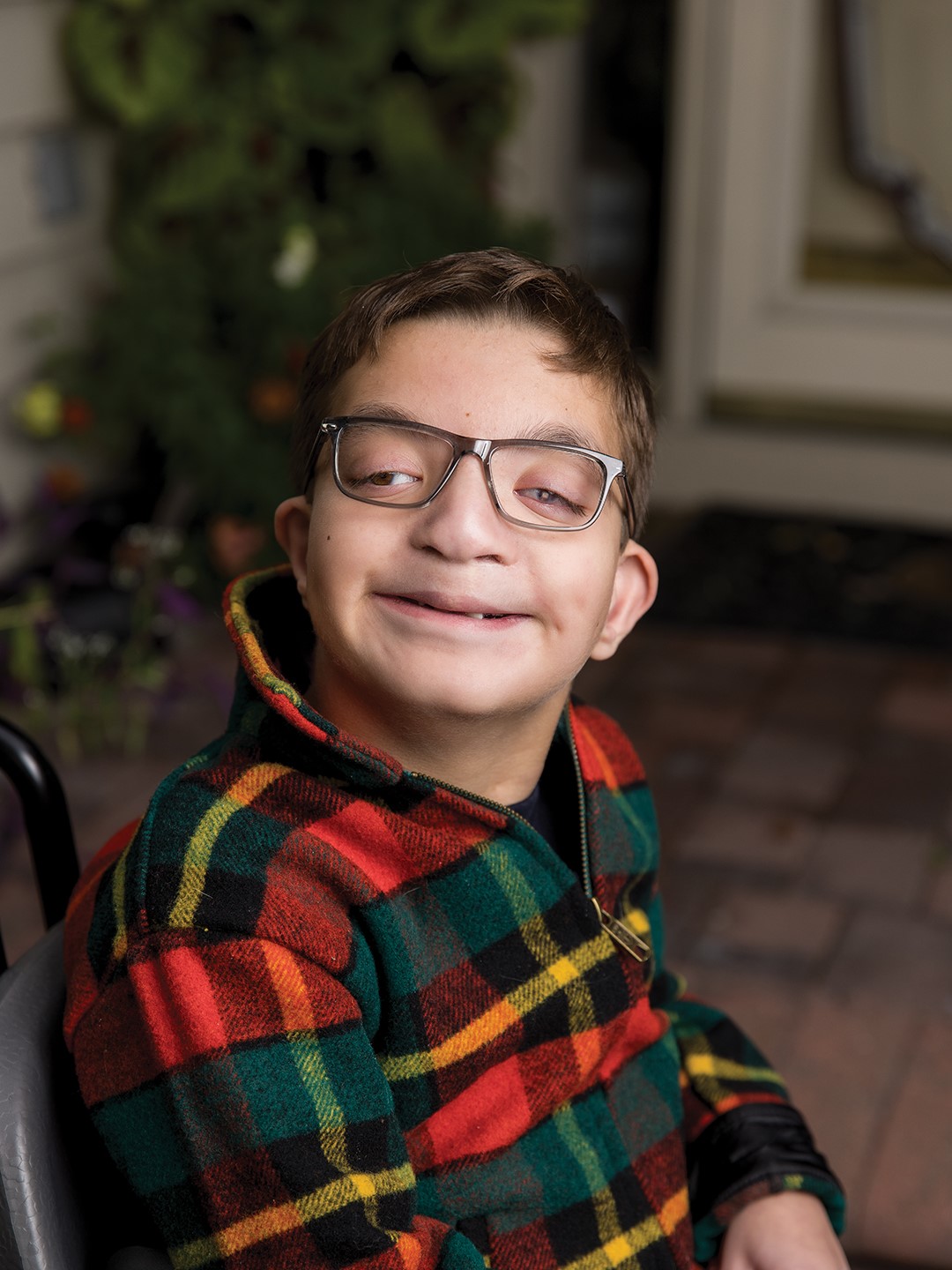
Cole Peterson
The Petersons waited over two years for a shower chair to arrive, so their son could bathe safely. The insurance company told her that her son’s wheelchair could be used for showers. A solution that seems plausible but not realistic. Even if she could have safely rolled a wheelchair into a standard shower, asking her son to be strapped into a wet chair that wasn’t designed to get wet created its own set of problems.
For kids with lesser-known disabilities, like Wolf-Hirschhorn, there aren’t funds available from a large national foundation. For families who don’t fall under a national foundation, getting equipment to meet their child’s basic needs takes persistence.
Peterson received a call from a family needing a stroller for their 9-year-old child. She said she was surprised when the family arrived pulling their child with a disability in a red wagon.
“I asked them what other equipment they had at home,” she says. The parents looked at her blankly and said they didn’t have any special equipment at home. “The medical system is hard to navigate, and this family got lost in the system,” Peterson says.
There’s a missing link for a lot of kids. They have the equipment needed at school and for therapy sessions, but they don’t have what they need to function at home. This means parents have to create DIY solutions.
Unfortunately, when many families hear “no,” they stop. When Peterson hears “no,” she finds another way. “These aren’t families over asking,” she says. They’re families caring for a child with a disability often around the clock. They simply need adaptive equipment so their child is safe.
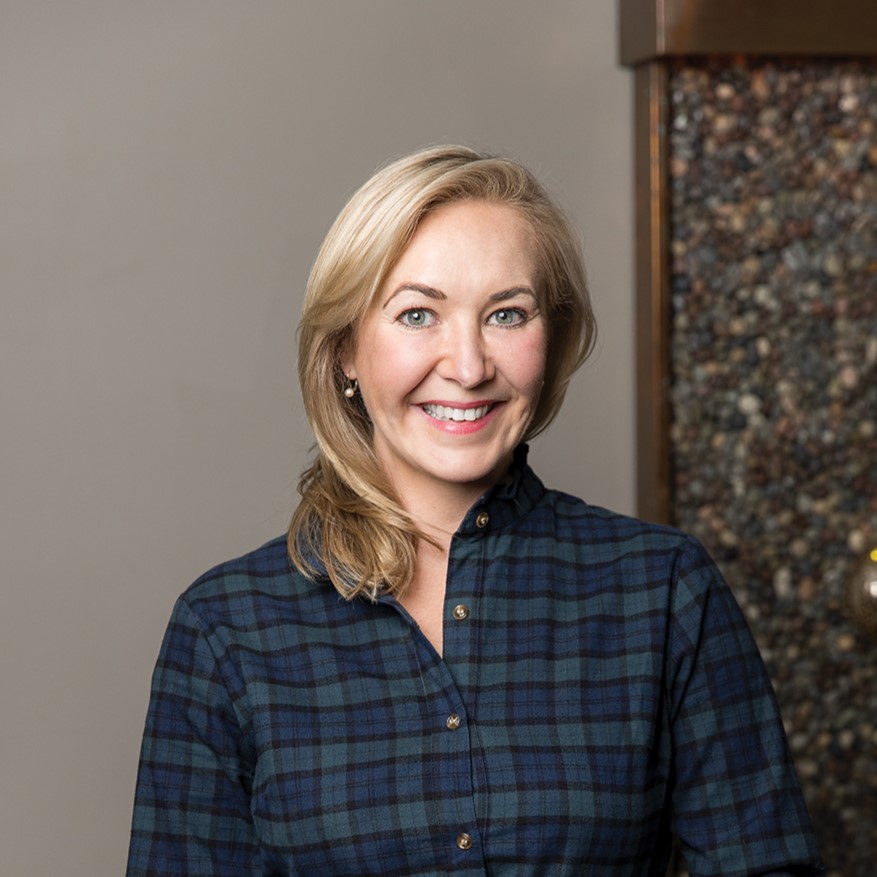
Colleen Peterson
Peterson had to fight private insurance and medical assistance to get what her son needed. The amount of time and effort she spent advocating wasn’t producing results fast enough.
She started talking to others and learned of families with unused equipment sitting in their garages. Once children outgrow specialized equipment, families don’t know who to give it to, so these expensive items sit unused. Peterson knew she could make a difference by matching unused equipment with families who needed it.
With the right equipment, all kids can be like their peers. Walkers, gait trainers, adaptive seating, adaptive bicycles, standers and communication devices meet children’s basic needs and give them independence.
During the initial years, Peterson stored donated equipment in her parents’ barn in Hastings. As she collected more equipment, she needed more space.
In 2022, The COLE Foundation was awarded $16,600 as the recipient of the Impact Award presented by The Power of 100 of Hastings. This money allowed Peterson to secure a storage facility in Woodbury, and the space makes it easier for her to serve families in a central location.
Last summer, The COLE Foundation held its first annual fundraising event—The Wheels of Freedom Car and Motorcycle Ride. The event helped build awareness and netted $16,000. As awareness and fundraising efforts build, Peterson hopes to use funds to buy in-demand equipment not covered by insurance.
Items in Need
A popular request is for activity chairs. The chair tilts and adjusts from floor to standing, so kids can engage with family at a high table, like a kitchen island. It also goes down to the floor, making it easy to sit on the floor and play with friends.
Another item in demand is adaptive bikes. Bikes are excellent for exercise and mobility but aren’t covered by insurance and bikes cost families between $1,700 and $4,000. Peterson was thrilled to receive a new bike donated to The COLE Foundation by one of the leading manufacturers of adaptive bikes, Rifton Equipment.
Peterson’s goal is to have a designated home for The COLE Foundation—a central place to collect and store the equipment and where families can come during business hours and see what’s available.
The COLE Foundation is a 501(c)(3) nonprofit with a dedicated group of volunteers, who help clean and repair equipment that families donate. Donations of money and equipment are always welcome.
“Every child deserves to stand, to walk, to shower safely and learn to ride a bike. My dream is for The COLE Foundation to be in every state and to perfect the model here in the state of Minnesota,” Peterson says.
Visit thecolefoundation.com for more information. Families looking to donate equipment or borrow equipment are encouraged to email info@thecolefoundation.com.
A Personal History
Peterson has been an advocate since she was a teenager. She was diagnosed with dyslexia when she was 8 years old and didn’t learn to read until fifth grade.
“When I was in high school, I started a program called Accentuate the Positive—learning to use your strengths to compensate for your weaknesses,” Peterson says.
Her mission was to help families get technology to help children learn. This was before computers and smartphones, and assistive technology at the time was expensive.
As a competitive ice skater, she left school full time after fifth grade and started college in ninth grade to train at the Olympic Training Center in Denver.
After her skating career, she competed in Miss Teen pageants, giving her a platform to promote her charity work. She spoke to schools and universities about being dyslexic, and her advocacy and charity efforts for those with learning disabilities helped crown her Miss Teen United States in 2001.
Today, Peterson draws on her past experiences to again advocate for children with disabilities.
The COLE Foundation
Facebook: The Cole Foundation
Instagram: @thecolefoundation



